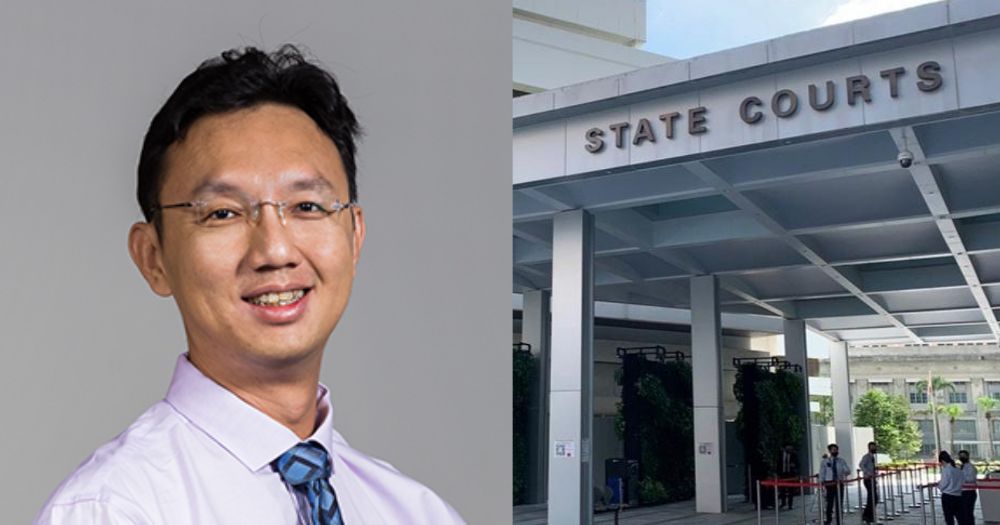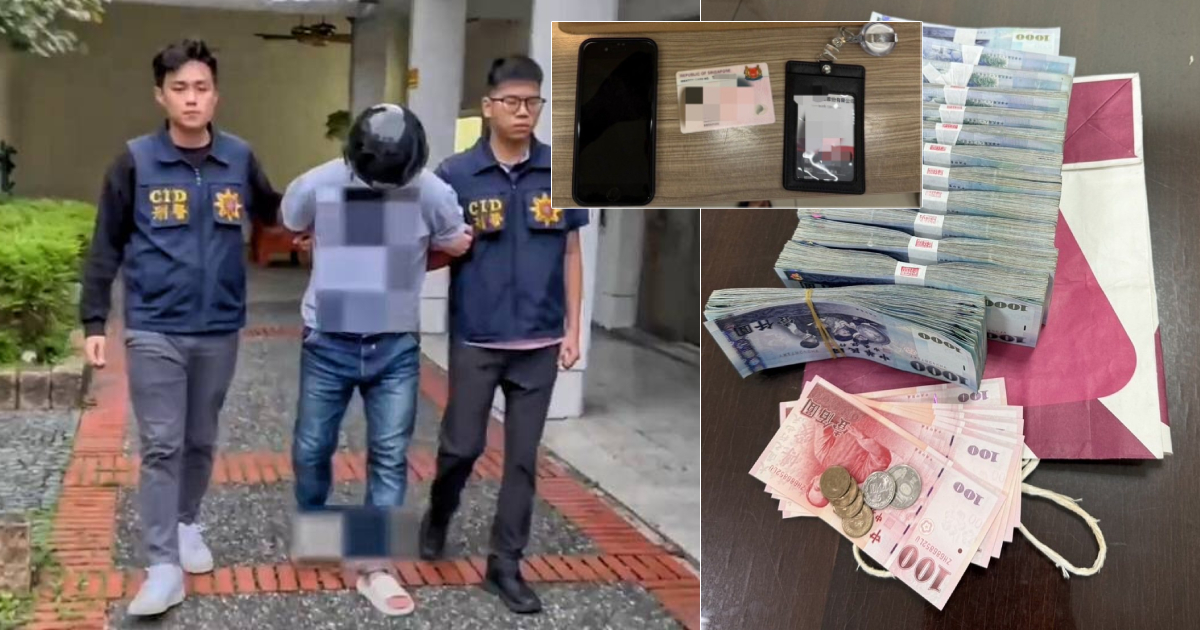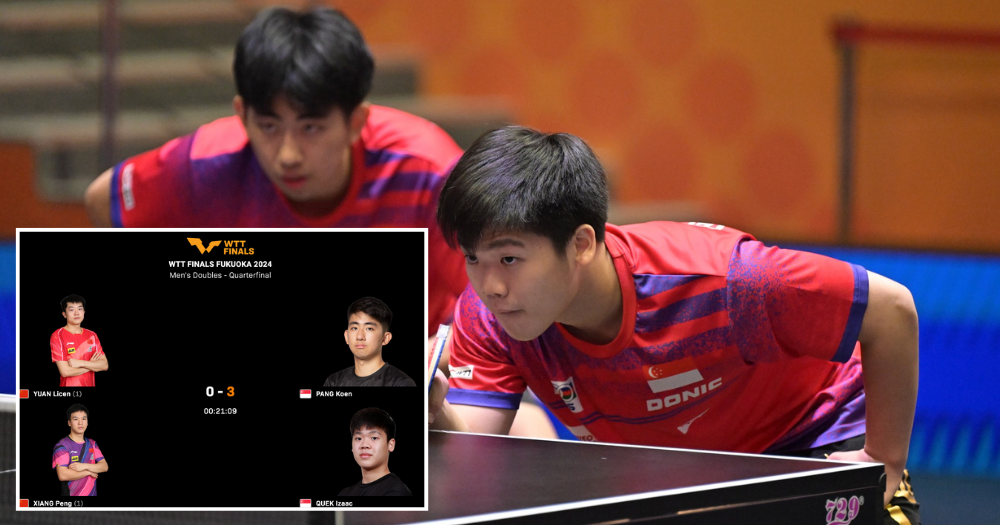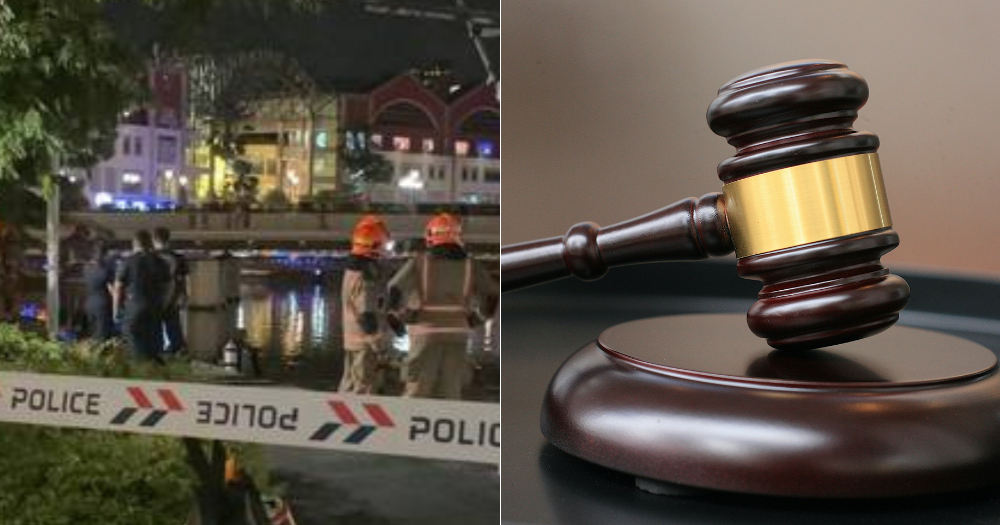NUS professor sets up S$600K fund to help victims of defamation 'lawfare'
He hopes the fund can help defamation lawfare victims get peace of mind.

An associate professor from NUS has launched a fund to assist victims of defamation lawfare.
What is lawfare?
Lawfare refers to use of legal action to intimidate or harass someone.
One example of lawfare is filing a baseless claim against someone and suing them for financial damages, just so the other party is oppressed.
Someone choosing to engage in lawfare does not even need to win the case — the threat of legal fees and a court battle could be enough to cause significant upset to someone.
Ben Leong, who teaches computer science at the National University of Singapore, elaborated on one aspect of lawfare in a recent Medium post, specifically, the lawfare defamation business model:
"The way it works is that you trawl the Internet to find instances where people have said anything vaguely negative and you sue them for defamation. Because these are stuck in the above situation, they can choose to either (i) apologise and settle (and maybe pay S$5–S$10K); or (ii) lose S$38K to S$58K. Which would you choose?"
Another strategy of the lawfare defamation business model is to crowdsource leads, by asking the public to provide you with the information of people whom you deem have defamed you. In return, you reward these informants financially.
An abuse of the legal system
Lawfare is considered an abuse of the legal system.
Earlier this month, Parliament heard this phenomenon has been observed both here in Singapore and overseas. The government has also amended the Administration of Justice (Protection) Act to make it an offence to abuse court processes.
An example of this would be if someone files fictitious claims for the purpose of delaying criminal proceedings or persistently commences legal action and makes applications that are groundless.
With the amendment, such actions will now amount to contempt of court.
Those who commit contempt of court in the State Courts or other courts can be fined up to S$20,000 or jailed for up to one year. If the abuse of court proceedings takes place in the High Court or the Court of Appeal, the offender faces a fine of up to S$100,000 and a jail term of up to three years.
Leong mentioned that recent legal reforms have made it possible for parties to fight their case in court personally (i.e. without a lawyer), and for claimable cost to be capped — which discourages the use of expensive lawyers.
Funds donated by a student
Leong, who is currently facing a defamation suit, wrote that a student of his donated five Bitcoins (worth around S$600,000) to help others who are also victims of lawfare.
"It is one thing to claim to care about justice. It is quite another thing to put one’s money where his/her mouth is. I am truly proud of my student," Leong wrote.
He added that he is currently assembling a team of lawyers and students. This team will provide legal advice and assistance in filing defences.
Leong cautioned that the fund will not be able to sponsor individual lawyers for each and every victim. However, discussions are underway on how the fund can be used.
He also did not elaborate on how his team will determine if an applicant is a real victim of lawfare.
"Allow me to admit that we don’t fully know what we will do, but what is clear however is that we committed to try to ensure that the current victims do not suffer financial loss. Minimally, we are prepared to underwrite their losses if they should eventually lose their defamation cases (but again subject to confirmation after assessing the facts of the case)."
Top images: NUS, Mothership file photo.
MORE STORIES




















